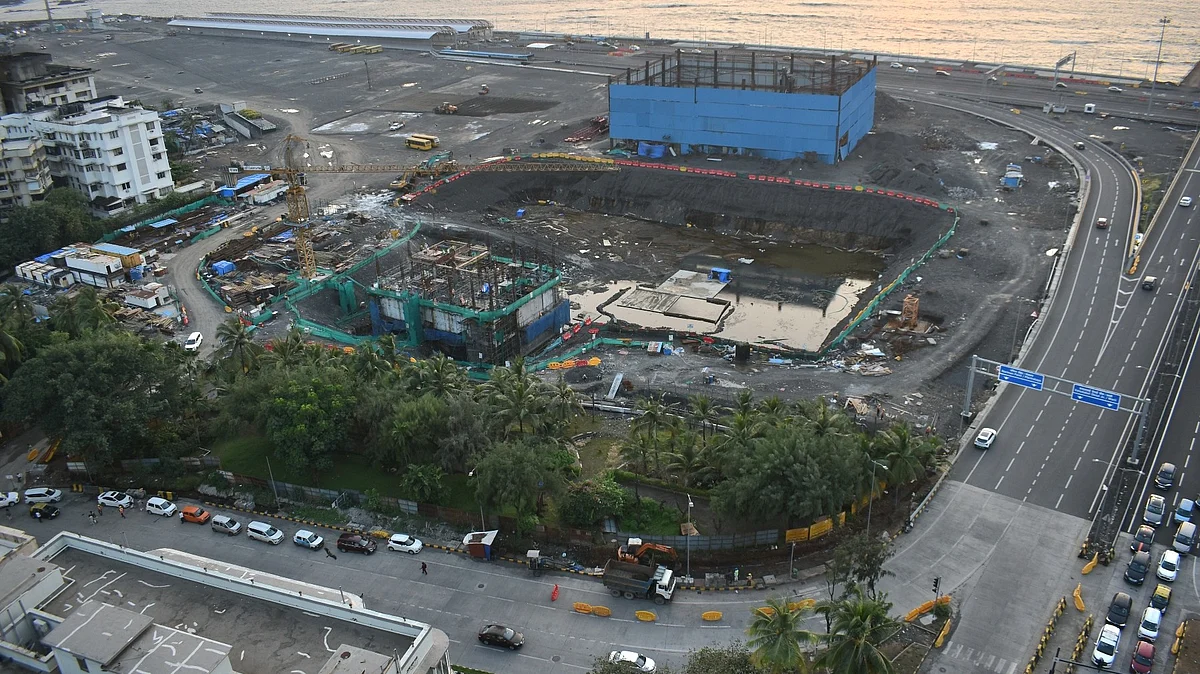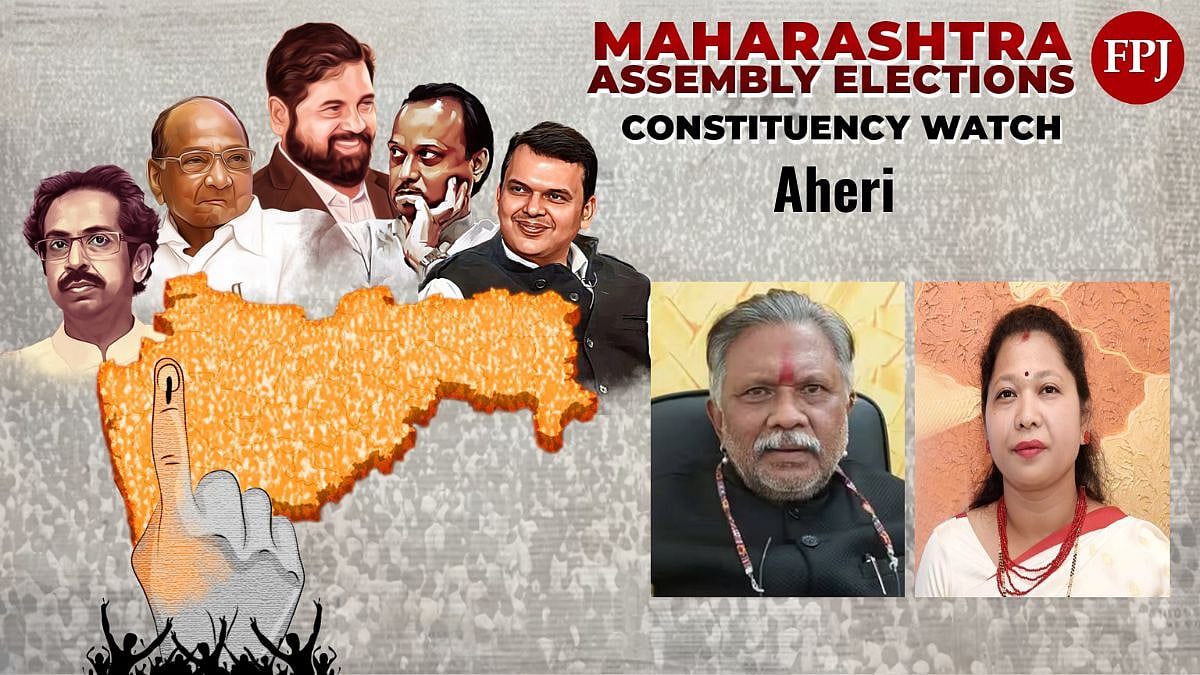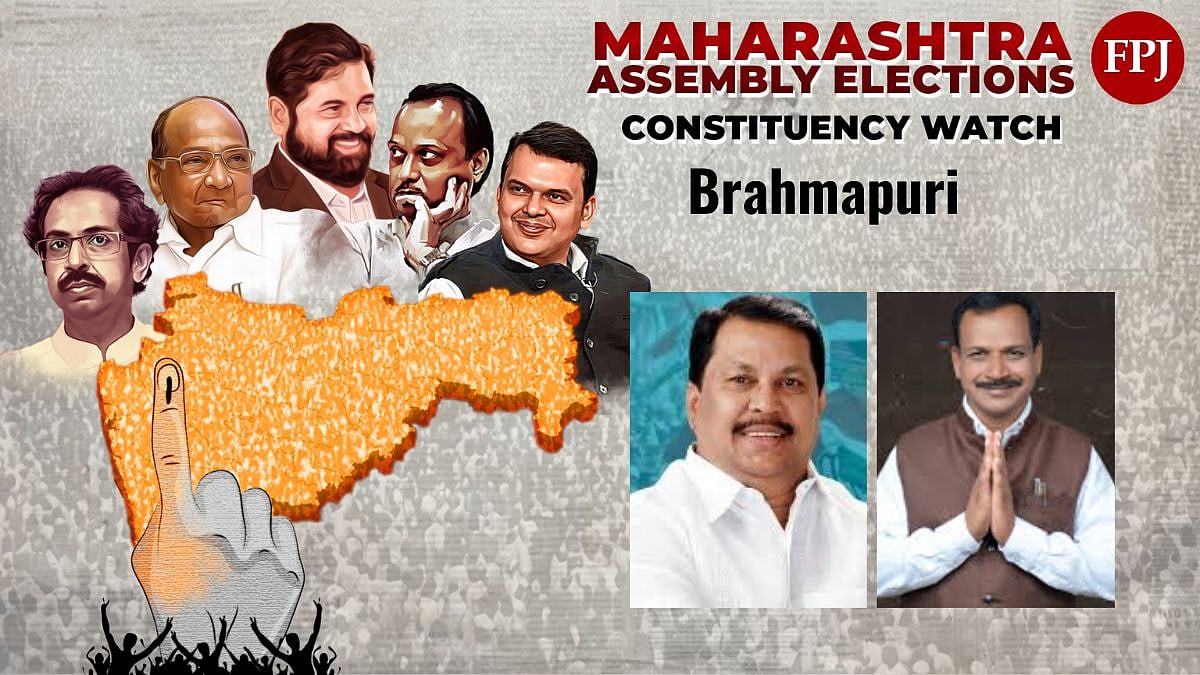Mumbai: The Federation of Residents Trust (FORT) recommends banning hoardings on heritage buildings, within heritage precincts, and within a 100-meter buffer around Grade 1 heritage sites. Their feedback on BMC's draft policy on outdoor advertisment also calls for measures to address light pollution, public safety, health, and environmental impacts. They suggest appointing a nodal officer in each ward to enforce these guidelines.
FORT, which includes the Nariman Point Churchgate Citizen's Association (NPCCA), Organisation for Verdant Ambience and Land Trust (OVAL Trust), Oval Cooperage Resident's Association (OCRA), Art Deco Mumbai Trust (ADMT), Urban Design Research Institute (UDRI), and the Kala Ghoda Association (KGA), has raised concerns about the impact of advertisements on heritage buildings.
They argue that such ads distract from the historic skyline and architectural significance of these sites and recommend removing any existing hoardings on heritage buildings, with these changes reflected in the policy.
In their objection, Apoorva Iyengar, Associate Direcror, FORT and Atul Kumar, President - NPCCA highlighted that the previous policy mandated a 100-meter distance between hoardings and question the reduction to 70 meters, advocating for the original distance. They emphasize the need to protect heritage sites from excessive or inappropriate advertising, which can cause visual clutter and diminish aesthetic appeal.
They also criticise the policy for lacking restrictions on maximum permissible illumination, colour, scale, height and video content of digital displays and recommend that neon, LED, and backlit hoardings secure a No Objection Certificate from the Mumbai Traffic Police and WIAA. Additionally, they suggest banning LED ads and illuminated BEST stops in heritage areas.
They propose appointing a ward-level officer to ensure compliance and creating a public reporting link on the MCGM website for citizens to submit complaints. "Each complaint should be resolved within 30 days, with an action taken report posted online to ensure transparency. Without these measures, the policy will remain merely a well-intended document with the little impact during implementation," said the Federation.
.jpg)
Meanwhile, the BMC has extended the deadline for the citizens feedback till September 9. Till now the civic body has received 53 suggestions and objections from activist, citizens group and government agencies.
.jpg?width=1200)








